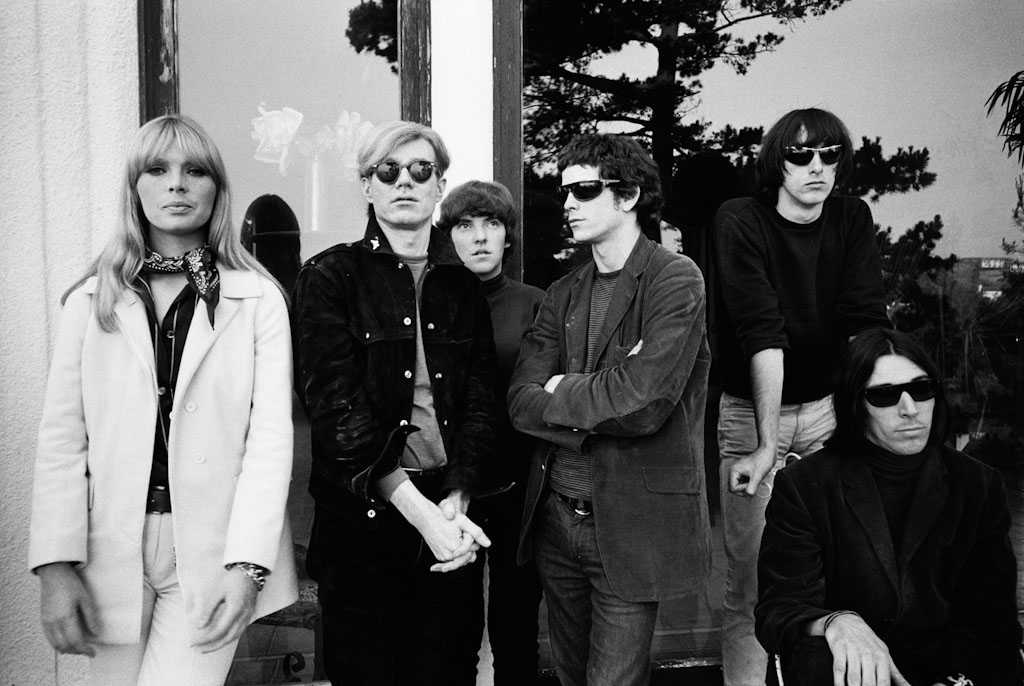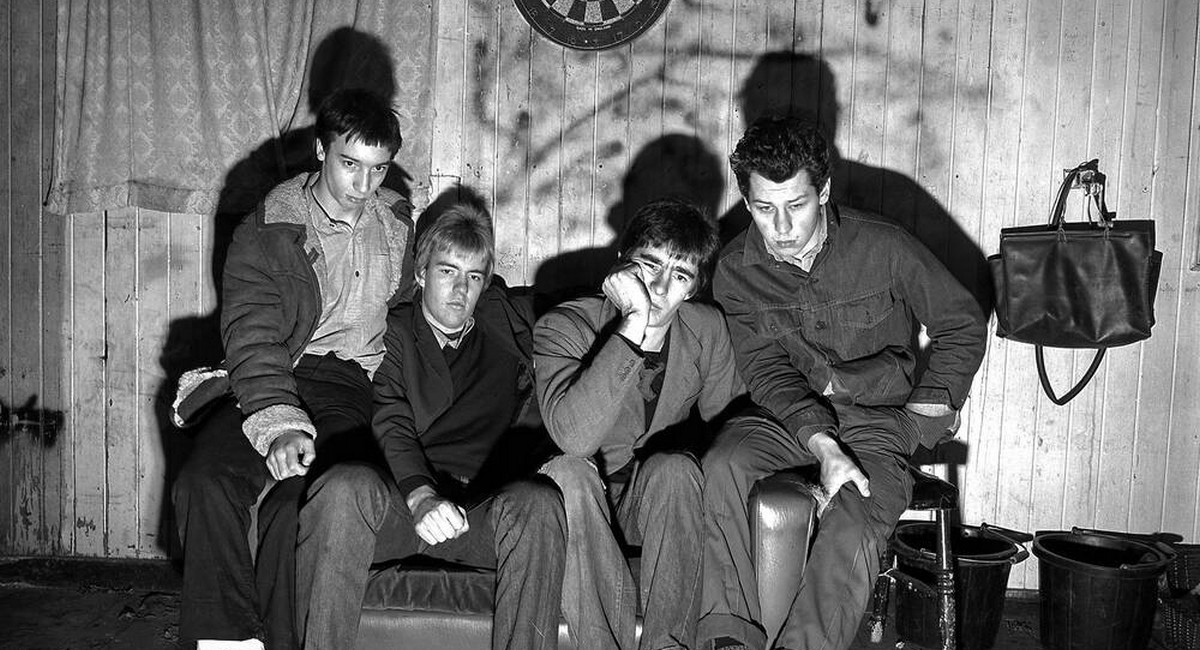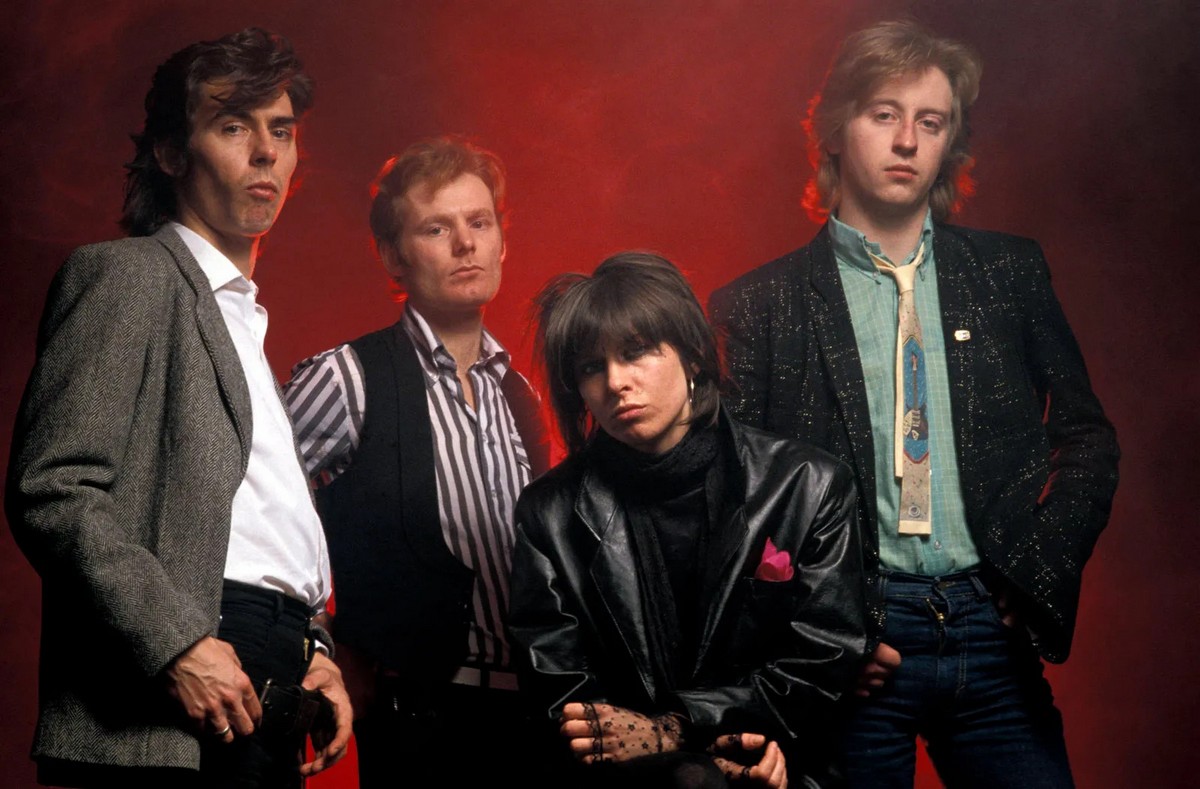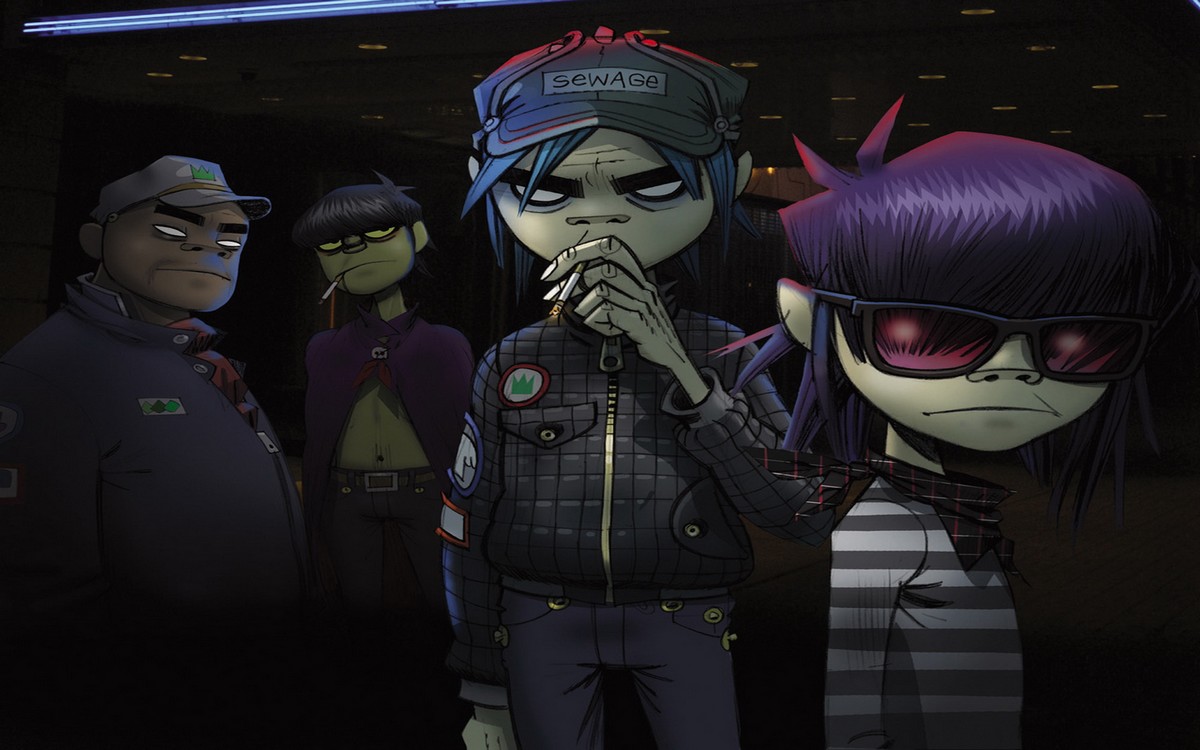Elegance of distorsion
Under the din of British incursions and Californian melodies in the mid-60s, a band came out from the dark basements of New York with songs that grind against the grain. Taken from a pulp paperback, The Velvet Underground arranged their instruments to match the nightly vibrations of the city. Bringing his obsession with street life, outliers, and intellectual coolness into a band that would quickly become a mirror and a scalpel, Lou Reed, who had been writing pop songs for Pickwick Records. Trained in drone and dissonance under La Monte Young, John Cale brought avant-garde credentials. Sterling Morrison and Maureen Tucker finished the band with economy and drive. With Nico’s far-off presence, Warhol gave them shelter and exposure and they released The Velvet Underground and Nico, a record bristling with concealed daggers.
The first album did not reach the top of the charts. Slowly gaining notoriety by osmosis, it crept like smoke throughout back rooms using record bins. “Heroin” unfolded in pulses, ecstatic and terrible, like a heartbeat losing control. “Venus in Furs” scraped with bowed viola and whispers of surrender. “I’m Waiting for the Man” pulsed with a junkie’s anticipation and the muted clang of the back alleyway of the city. Spoken with a tone that declined performance, this was music free of sugar or polish. Reed’s phrasing imparted a tired awareness to every line; Cale’s orchestrations threatened to buckle. Still, the songs stood solid, like permanent graffiti.
The band’s second phase started with The Velvet Underground and Loaded following Cale’s exit in 1968. The brutality subsided, and the noise turned to shimmer. Reed moved toward ballads and melody. “Pale Blue Eyes” stretched across the room like the light from a streetlamp at midnight. “Sweet Jane” rose from a riff and rode its wave straight into jukebox legend. Tucker’s drumming stayed dry and primitive. Morrison’s guitar lines were all spine. Doug Yule, who replaced Cale, sang on “Who Loves the Sun” and helped carry the band into more approachable terrain. The friction persisted, but now it grinned.
Though the band altered its skin, it held onto its scars. The songs were damaged, romantic. Always giving with the composure of someone who knew too much and said just what was needed, Reed’s voice changed from venom to velvet. Squeeze, the last album under the Velvet Underground moniker, came without Reed or Morrison. It did not have the same blood. It was the afterimage of a band already dissolved fading into lore. Before it came a wound too severe to conceal.
Their songs tormented record store workers, fanzine editors, and basement musicians all through the 70s and 80s. Bowie saw them as a revelation. Eno famously observed that everyone who bought their first album formed a band even if just a few did. Their quiet growth fueled the DNA of future punk, noise rock, art pop and indie scenes. By mere residual, not via mythology, they turned into an origin tale. Their presence lingered in tape hiss and feedback, in lyrics whispered over split cassette speakers.

Their style shunned ornamentation. The black and white photographs, the frosty gazes, the minimalist sound and style all added into an identity that gave no consolation. They never acted as a refuge. They open up. Their reality was clear. Their music peered beneath culture’s surface and revealed pulsing nerves. Invitations to leave safety and into experience were songs like “All Tomorrow’s Parties” and “White Light/White Heat. “
Chasing tales with a sharpened pen and a glare, Lou Reed went solo. Cale built a career across gothic drama and experimentation. Nico moved toward tragedy, her voice echoing down hollow cathedrals. They were never a band meant to last. Their brief and vibrant time spent together Every member moved something on from the ruins. Reunions never recaptured the original charge, which remained locked in that short window from 1965 to 1970.
Their ability to remain silent while resonating throughout distinguishes them. They made no demand of the spotlight. Their records didn’t yearn to be loved. Long after the radio was off, they just remained in the room. Without seeking authorization, the Velvet Underground changed music. They enable silence, noise, monotony, and drone to speak as clearly as music. They captured the underbelly of rock, not its dream. They never represented the world. Their residence was this. Their melodies were not metaphors. They were habits, bruises, whispered admissions, pavement meetings. Listening to The Velvet Underground is like sensing the city gasp when everyone else has gone to sleep. It is a sound waiting in the corner, cigarette blazing, saying nothing – and everything at once.





